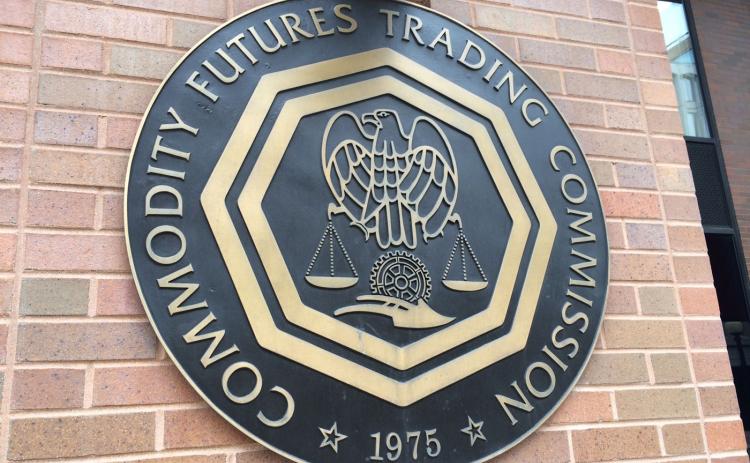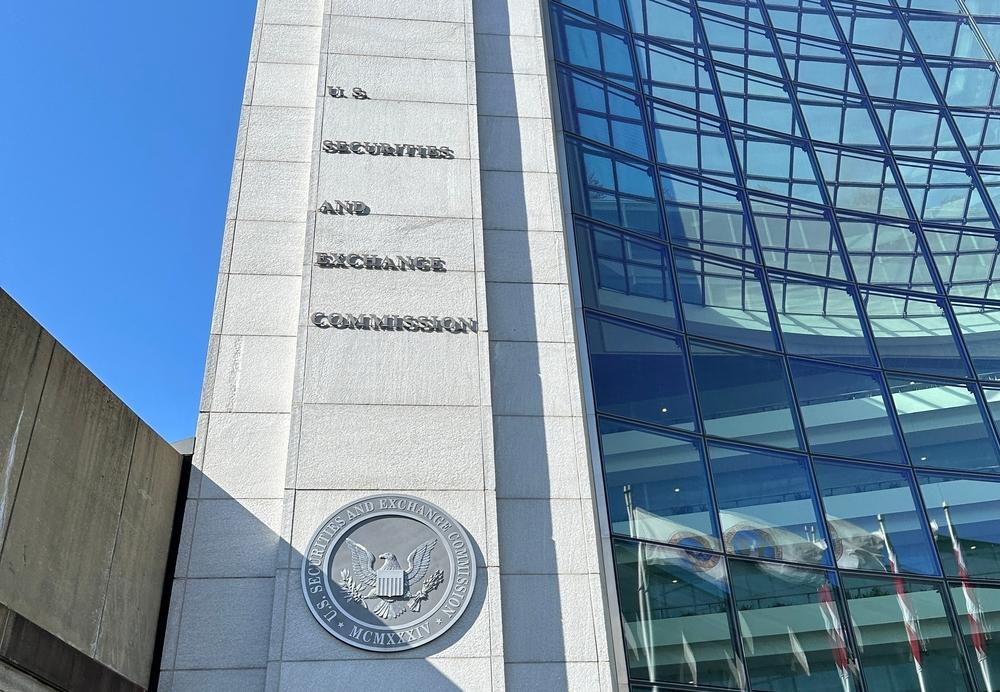Congress will soon host a gathering featuring expert voices from major financial technology companies Coinbase and Robinhood, alongside critical figures from the U.S. commodities regulatory agency. This meeting, scheduled for June 6, revolves around a crucial conversation on proposed legislation regarding cryptocurrency.
The unique assembly aims to provide insights on a drafted bill poised to redefine certain cryptocurrency tokens as digital commodities, among other innovations. Notable contributors to the dialogue include Chris Giancarlo, former chair of the Commodity Futures Trading Commission (CFTC), Dan Berkvitz, former CFTC commissioner, and Walt Lukken, founder of FIAconnect.
Dated June 2, the recently unveiled "Digital Asset Market Structure Discussion Draft" is the brainchild of Republican congressional duo Patrick McHenry and Glenn Thompson. This legislation seeks to establish an effective statutory framework for digital asset regulation, focusing on clarity, innovation, and closing existing regulatory gaps while prioritizing consumer protections.
Grewal, an influential figure in the crypto sphere, praised the draft, emphasizing its comprehensive approach. He believes that bipartisan cooperation is crucial to expedite the passage of this transformative bill.
This proposed legislation aligns with Coinbase's long-standing call for more precise guidelines for the crypto industry. The demand for regulation has grown louder in the wake of recent events, such as the 13 U.S. Securities and Exchange Commission charges against competitor Binance.
Grewal further highlights the inadequacy of current regulations, arguing that digital assets' diverse nature defies neat categorization within existing frameworks. Cryptocurrencies vary in their characteristics, with some being commodities, others securities, and some even representing unique constructs that challenge conventional classifications.
The urgency for more comprehensive regulation is underscored by the fact that over a fifth of Americans are now users and owners of cryptocurrencies. In a rapidly evolving financial landscape, such regulation appears prudent and essential.


























Comment 0